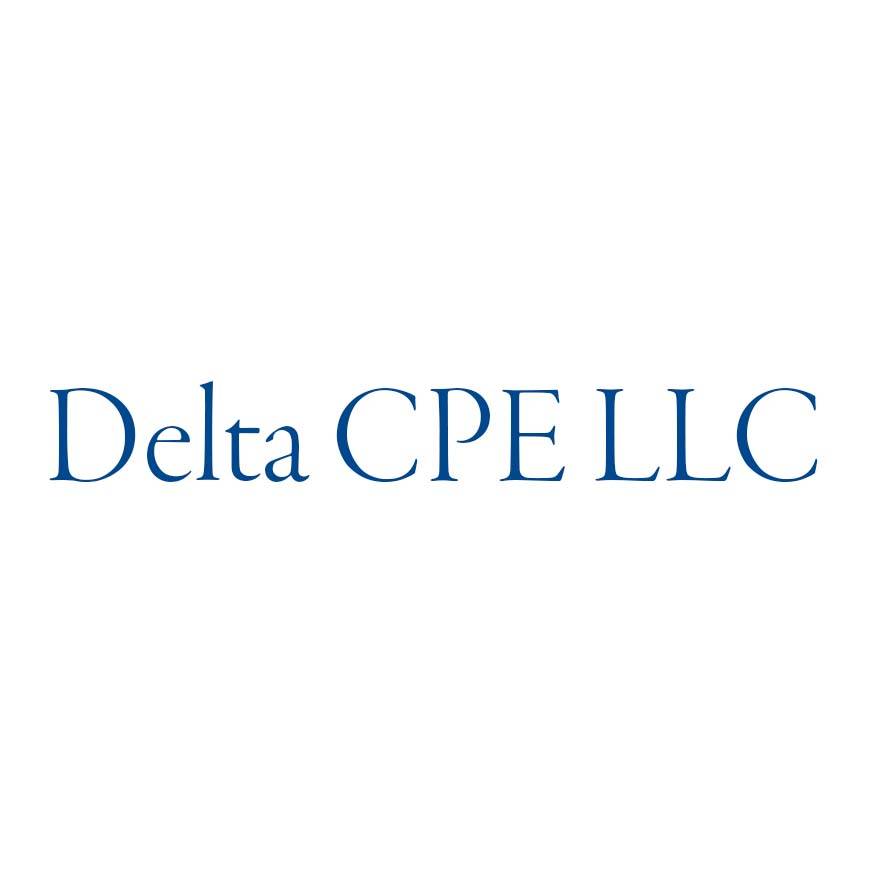Self-Study
Understanding and Managing Organizational Behavior
Expansive guide to Modern Organizational Behavior and Leadership. Explore the interplay of human dynamics, motivation theories, and management strategies to enhance organizational effectiveness and drive positive change.

$364.00 – $404.00
Webcasts are available for viewing Monday – Saturday, 8am – 8pm ET.
Without FlexCast, you must start with enough time to finish. (1 Hr/Credit)
Please fill out the form below and we will reach out as soon as possible.
CPE Credits
14 Credits: Business Management & Organization
Course Level
Overview
Format
Self-Study
Course Description
Navigating the dynamic landscape of organizational behavior can be daunting for professionals in contemporary business and public agencies. Understanding human relations theory and its application to individual, group, and organizational performance is critical, yet often complex, given the interdisciplinary nature of the field. Challenges arise in grasping diverse concepts such as personality and attitudes, work motivation, interpersonal dynamics, organizational design, and decision-making processes. Without a comprehensive understanding of these elements, effectively managing and leading within an organization can be challenging.
This business management and organization CPE course offers an exhaustive exploration of organizational behavior, blending theory with practical applications. It covers a wide range of topics, from defining organizational behavior and understanding various theories to recognizing managerial functions and the role of ethics in organizations. Participants will delve into motivation theories, job performance, job satisfaction, diversity management, communication channels, power dynamics, team development, leadership styles, conflict management, decision-making processes, organizational culture, innovation, and structural forms. This business management and organization CPE course equips professionals with the knowledge and skills to effectively manage and lead in diverse organizational settings, enhancing their ability to drive positive change and organizational success.
Learning Objectives
Upon completion of this course, participants will be able to:
Chapter 1
•Define organizational behavior.
•Identify different theories and views on organizational behavior
Chapter 2
•Recognize the manager’s job in terms of managerial functions, roles, and skills.
•Recognize different principles on the function of management.
•Identify different aspects of an organization, including ethics, diversity, ways to manage for effectiveness from the perspective of organizational behavior.
Chapter 3
•Recognize different theories of motivation and how they apply in the organization.
•Identify how goals can be set to motivate high levels of job performance.
•Identify ways in which jobs can be designed so as to enhance motivation.
Chapter 4
•Recognize important characteristics of job satisfaction.
•Identify steps that management can take to improve mentoring programs.
•Identify characteristics of diversity management programs and how management can make them successful.
•Recognize the elements of sexual harassment in the workplace.
Chapter 5
•Recognize information communication channels within an organization.
•Identify various methods for improving organizational communication.
Identify the main types of power in an organization.
Chapter 6
•Identify how groups develop and perform in organizations.
•Recognize the advantages and disadvantages of teams vs. individual contributions.
Chapter 7
•Recognize leadership styles such as the task oriented and the relationship oriented styles, and how can they affect team behavior.
•Identify the basic tenets of a number of leadership theories, including the LPC contingency theory and the path-goal theory of leadership, and how they can be implemented in an organization.
Chapter 8
•Recognize potential conflict triggers within the organization.
•Identify the positive and negative consequences of conflict in organizations.
•Identify techniques for managing conflict in organizations.
Chapter 9
•Distinguish between different assumptions regarding the rational decision making process of a company.
•Identify various factors that contribute to imperfect decision making in organizations.
•Recognize forms of unethical thinking.
Chapter 10
•Recognize the attributes of an organizational culture.
•Identify the innovation process and how management can promote innovation in the organization.
Chapter 11
•Recognize different organizational structures and the advantages associated with them.
•Identify when certain organizational types may be appropriate, and how other organizational forms may develop on their own.
Chapter 12
•Identify the general conditions under which organizational change is likely to occur.
•Recognize different examples of Management by Objective goal setting.
•Identify techniques of organizational development and their effectiveness.
Course Specifics
6201301
April 14, 2023
There are no prerequisites.
None
Compliance Information
CFP Notice: Not all courses that qualify for CFP® credit are registered by Western CPE. If a course does not have a CFP registration number in the compliance section, the continuing education will need to be individually reported with the CFP Board. For more information on the reporting process, required documentation, processing fee, etc., contact the CFP Board. CFP Professionals must take each course in it’s entirety, the CFP Board DOES NOT accept partial credits for courses.
Meet The Experts

For many years, Delta CPE LLC has offered a wide variety of continuing education courses for financial professionals. Topics covered by Delta’s courses include accounting, financial management, budgeting, investments, financial statement reporting, business management, IFRS, ethics, valuations, real estate, and business writing. The diversity and breadth of Delta’s course offerings make the company a prolific and unique contributor to the CPE world. Delta’s well-credentialed authors and contributors have also been published in numerous academic and professional journals and quoted by some of the leading financial media outlets.
Related Courses
-
 Business Management & Organization
Business Management & Organization
Developing and Managing Teams
Steven M. Bragg, CPA QAS Self-Study
Credits: 4 $116.00
QAS Self-Study
Credits: 4 $116.00$116.00 – $136.00
-
 Business Management & Organization
Business Management & Organization
Effective Negotiation
Steven M. Bragg, CPA QAS Self-Study
Credits: 5 $145.00
QAS Self-Study
Credits: 5 $145.00$145.00 – $175.00
-
 Business Management & Organization
Business Management & Organization
How to Run and Organize a Small Business
Delta CPE LLC QAS Self-Study
Credits: 8 $232.00
QAS Self-Study
Credits: 8 $232.00$232.00 – $262.00
